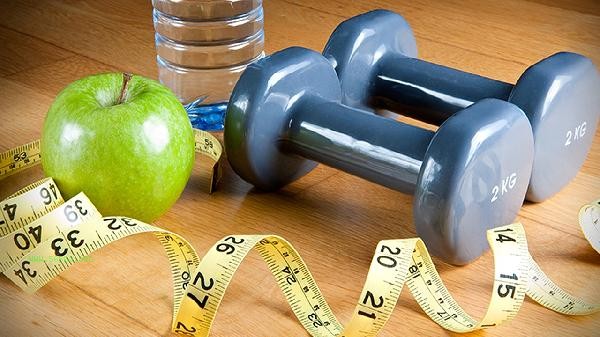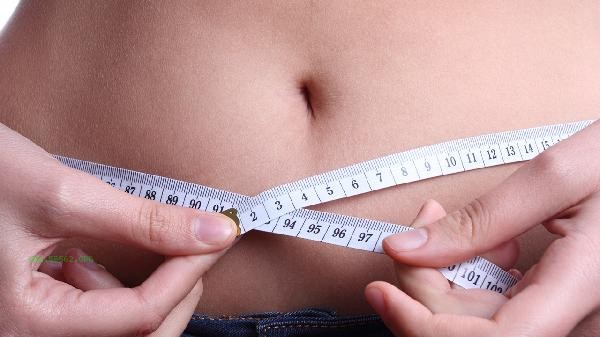During weight loss, it is recommended to consume guava in moderation. Pomegranate is low in calories and rich in dietary fiber, which helps to increase satiety and promote intestinal peristalsis, but attention should be paid to controlling intake to avoid excessive sugar.

1. Low calorie advantage:
Each 100 grams of guava contains only about 68 calories, far lower than the same weight of staple food or high sugar fruits. Its moisture content is over 80%, which can satisfy the appetite without causing excess calories, making it suitable as an extra meal to replace high calorie snacks.
2. Dietary fiber function:
Pomegranate contains soluble and insoluble dietary fiber, with a single fruit fiber content of over 5 grams. Soluble fiber delays gastric emptying rate and reduces hunger sensation; Insoluble fiber promotes intestinal peristalsis and improves common constipation problems during weight loss.
3. Blood glucose regulation ability:

Pomegranate has a glycemic index (GI) value of 31, which belongs to low GI fruits. The chromium element contained in it can enhance insulin sensitivity, and when combined with polyphenols in the skin, it can smooth out postprandial blood sugar fluctuations and reduce the risk of fat accumulation.
4. High nutrient density:
is rich in micronutrients such as vitamin C (approximately 228 milligrams per 100 grams), potassium, and carotenoids. During weight loss, it is easy to lack these elements. Moderate consumption can help maintain metabolic balance and avoid malnutrition caused by dieting.
5. Precautions for consumption:
It is recommended to consume no more than 200 grams per day, and prioritize choosing unripe green skinned guava with lower sugar content. Individuals with renal dysfunction should control their intake and avoid excessive potassium intake; People with gastrointestinal sensitivity should remove their skin and consume it to reduce irritation. When incorporating guava into a weight loss diet, it is recommended to pair it with protein foods such as sugar free yogurt to slow down sugar absorption. Avoid juicing and drinking to prevent loss of dietary fiber. You can choose to slice raw food or mix it with salad. At the same time, it is necessary to maintain a daily water intake of at least 2000 milliliters to fully utilize the metabolic effects of dietary fiber. Pay attention to individual tolerance, and adjust intake if discomfort such as bloating occurs. Combining 150 minutes of moderate intensity exercise such as brisk walking and swimming per week can more effectively achieve calorie deficit.





Comments (0)
Leave a Comment
No comments yet
Be the first to share your thoughts!